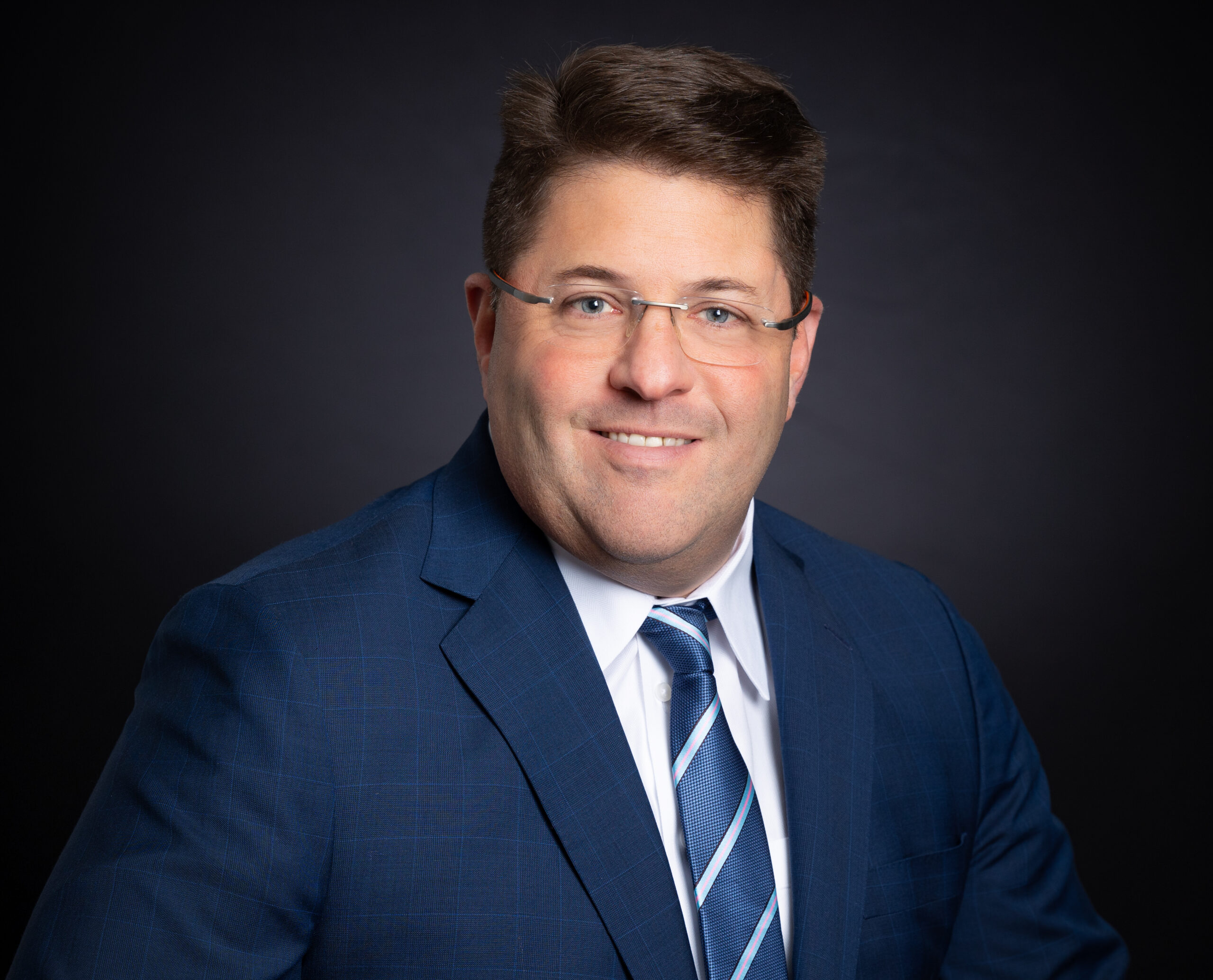Undertaking the management of a loved one’s estate can feel like an excessive burden on top of processing your grief. If you have lost a loved one, it is natural to wonder, How long does probate take in NY? There is no universal answer—New York probate can take anywhere from a few months to a few years. Many factors that make a case more complex may affect the length of probate.
Hiring an experienced probate attorney like Andrew M. Lamkin can help ease your burden, allowing you to focus on processing your loss. We exclusively practice probate and estate matters, allowing us to offer our clients carefully tailored services.
How Does Probate Work in NY?
In New York, there is no time limit on when probate can begin after someone dies, but the decedent’s assets cannot be transferred until probate is complete. The probate process varies depending on whether the deceased person, the decedent, had a will.
With a Will
To begin probating a will, the will’s executor or someone else with an interest in the estate brings the will to court. The executor must then contact those with an interest in the estate, typically including:
- Creditors;
- Those left something under the will;
- Those who would be entitled to take assets if the decedent left no will; and
- If applicable, those left something under a previous will.
Interested parties can challenge the will’s validity. Common challenges include claims that when the decedent made the will, they:
- Were not of sound mind;
- Were improperly induced; or
- Did not follow the law.
If someone successfully challenges the will, you may repeat the process with a different will or begin the probate process for a decedent without a will. If no one successfully challenges the will, the executor settles the decedent’s debts and distributes the remaining funds.
Without a Will
With no executor, someone close to the decedent has to begin the estate administration by going to probate court. The court appoints an administrator, typically a close relative.
After the administrator is appointed, they compile a list of the decedent’s assets and liabilities and notify those with an interest in the estate about the probate. New York intestate succession determines the distribution of assets. Your living relatives are entitled to your estate assets, working outward from the closest to the most distant. The administrator satisfies the decedent’s debts and distributes the remaining assets according to the law.
What Factors Affect How Long Probate Takes in NY?
Factors that may lengthen the probate process include:
- Unorganized assets and liabilities;
- Many assets and liabilities;
- The estate does not satisfy liabilities;
- Lack of a will;
- Delays in beginning estate administration;
- Will challenges; and
- Difficulty locating those with an interest in the estate.
These factors may slow probate progress to a crawl.
Speak with a Probate Attorney
Dealing with probate while mourning can seem next to impossible, especially if you go it alone. Reach out to the Law Office of Andrew M. Lamkin to learn how we can help take some of the stress off your shoulders.
Frequently Asked Questions (FAQs)
How Long Does Probate Take in NY with a Will?
Probate with a will can take anywhere from a couple of months to more than a year. Administering an estate where the decedent left a will often takes the longest if the will is challenged.
How Long Does Probate Take in NY with No Will?
Administering an estate where the decedent did not leave a will takes longer than one with a will. The process may take a couple of months to a year or longer, depending on how organized the decedent was and how easy potential heirs are to contact.
Is There a Time Limit to Probate a Will in New York?
There is no time limit to probate a will in New York. However, the decedent’s assets cannot be transferred until probate is complete.


